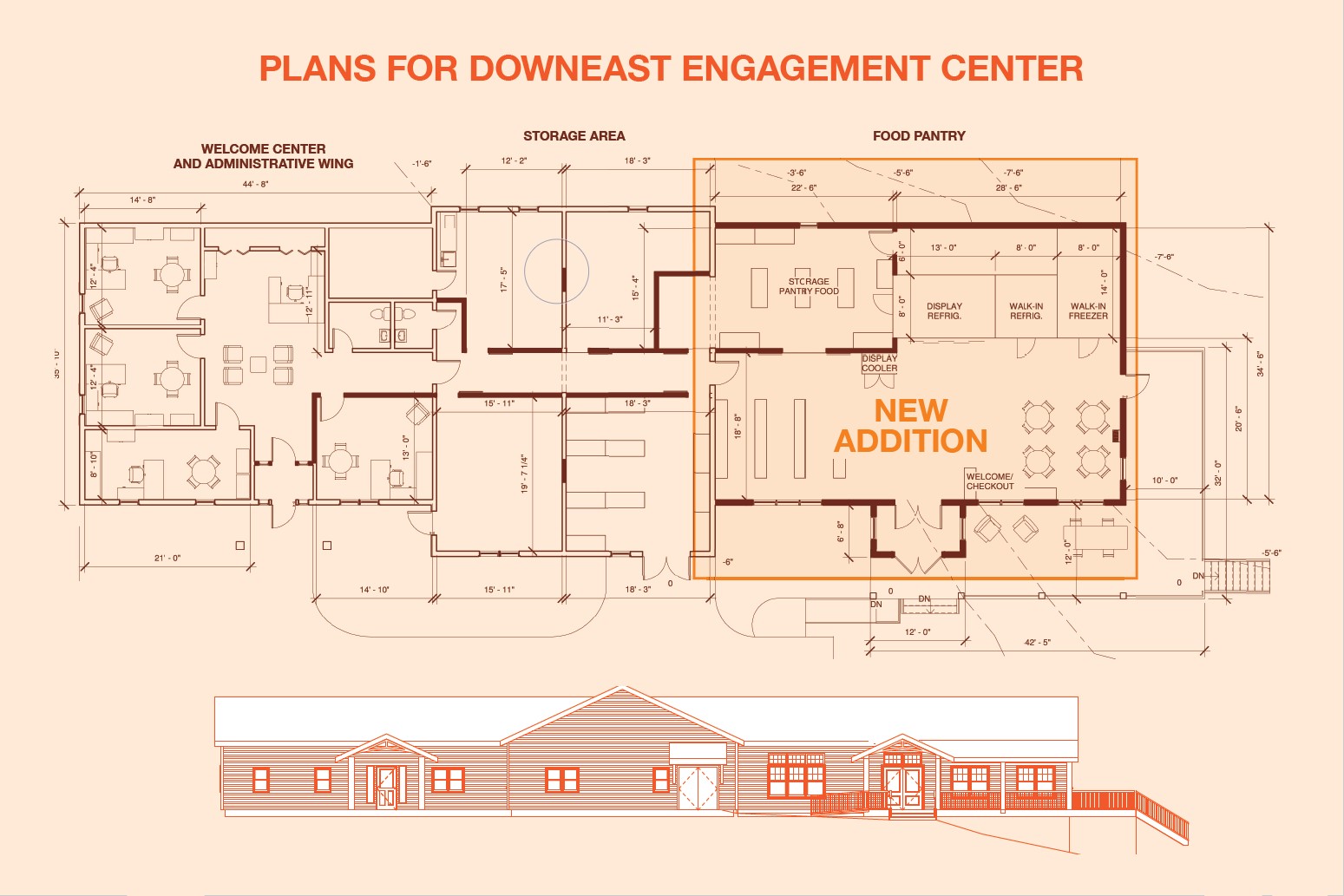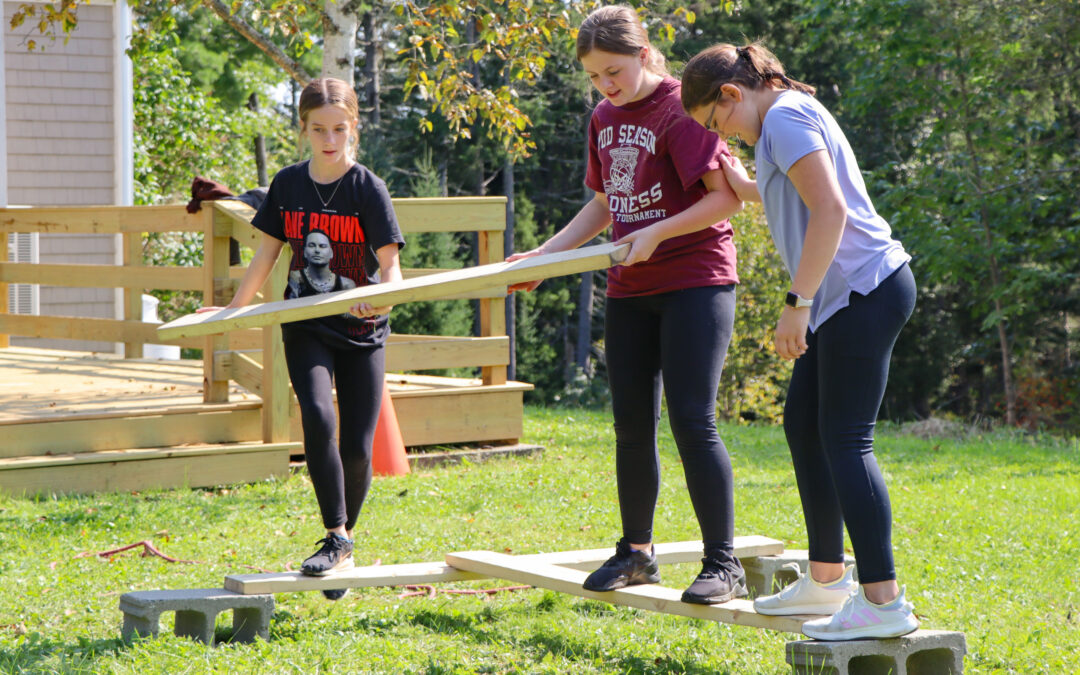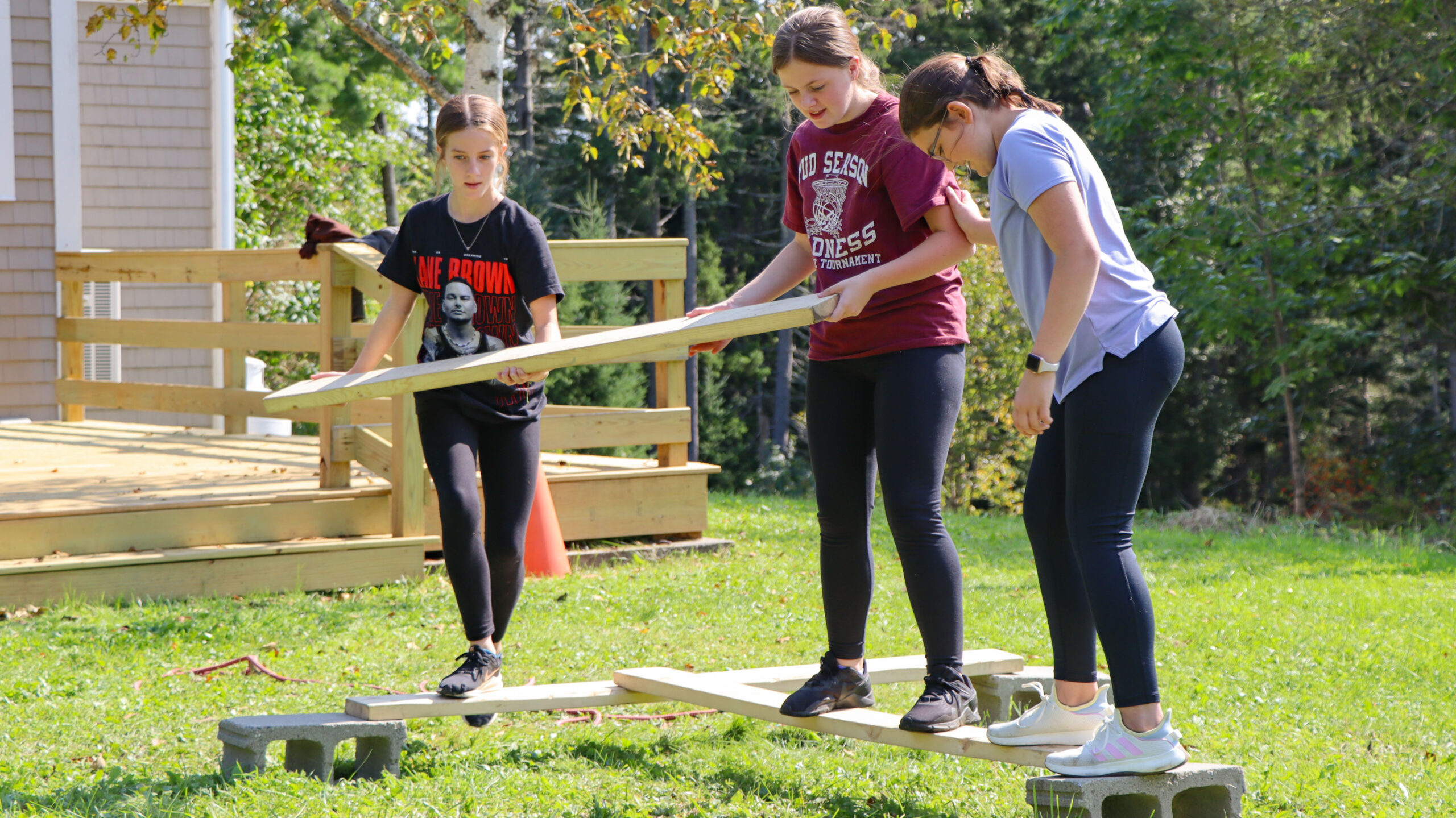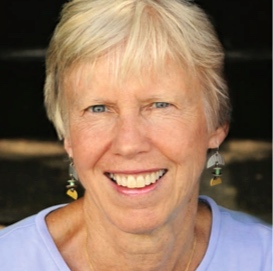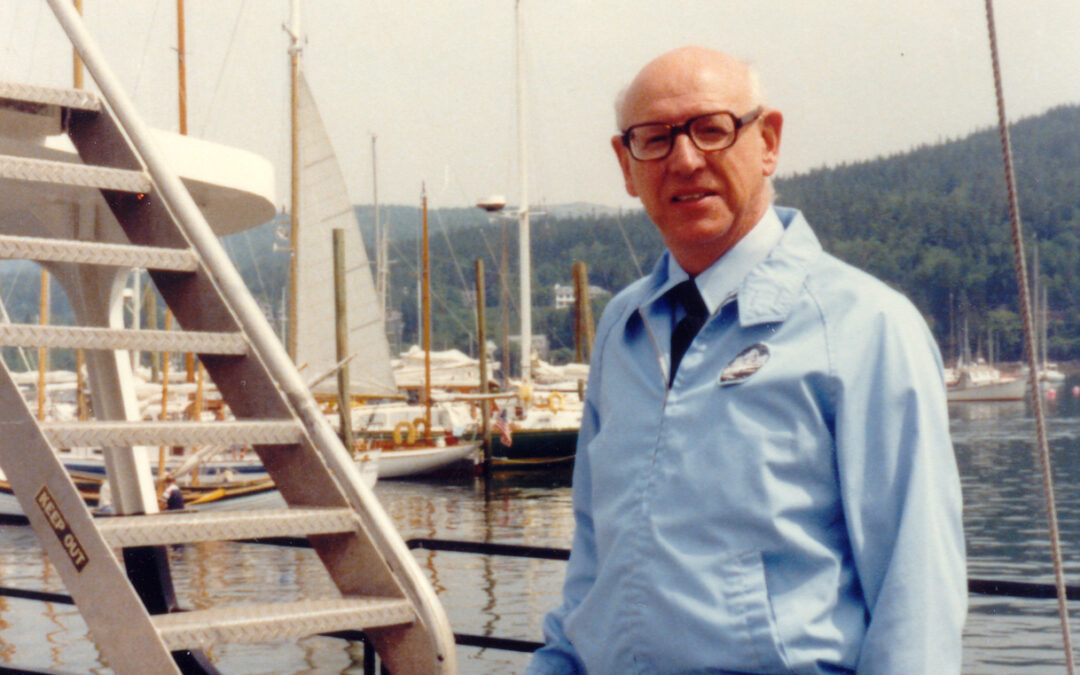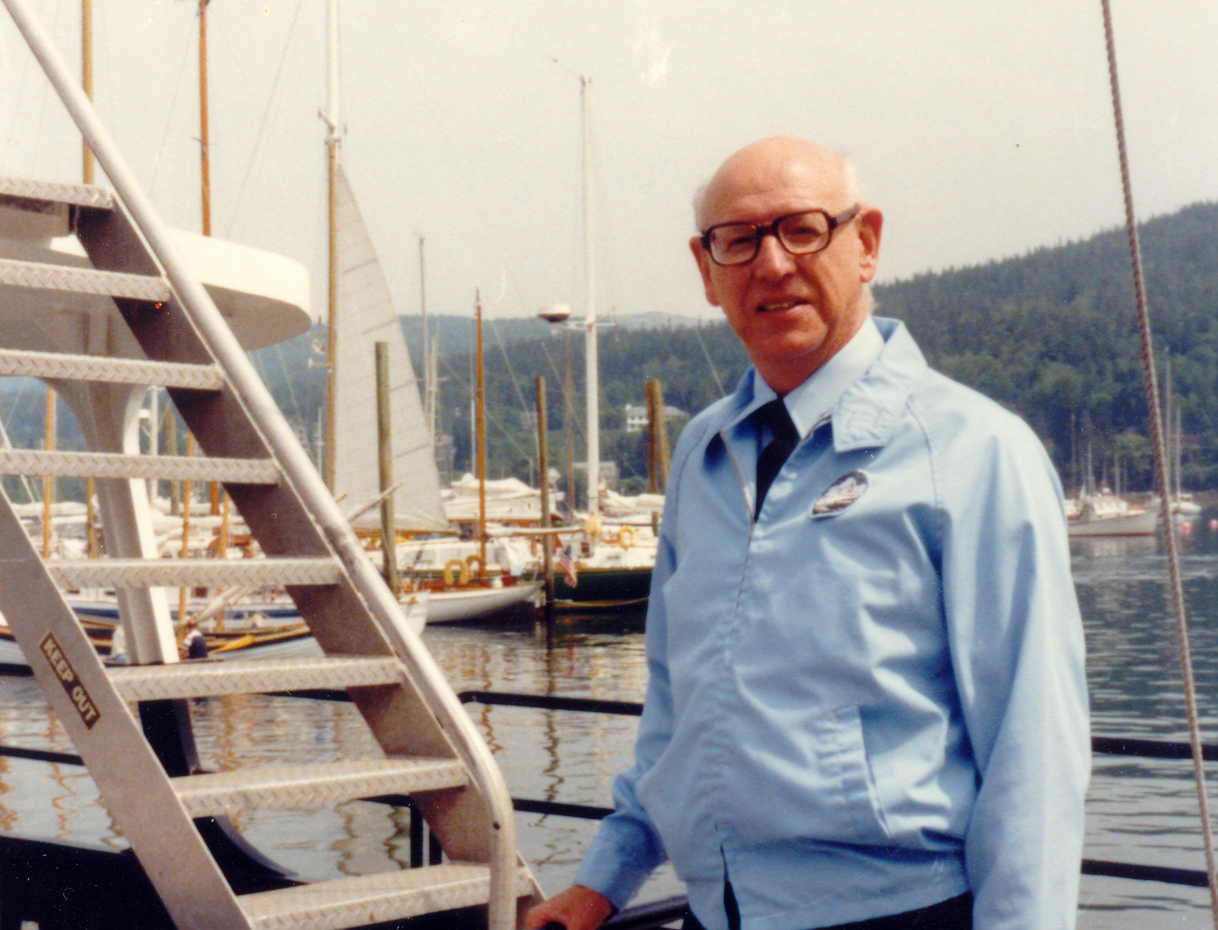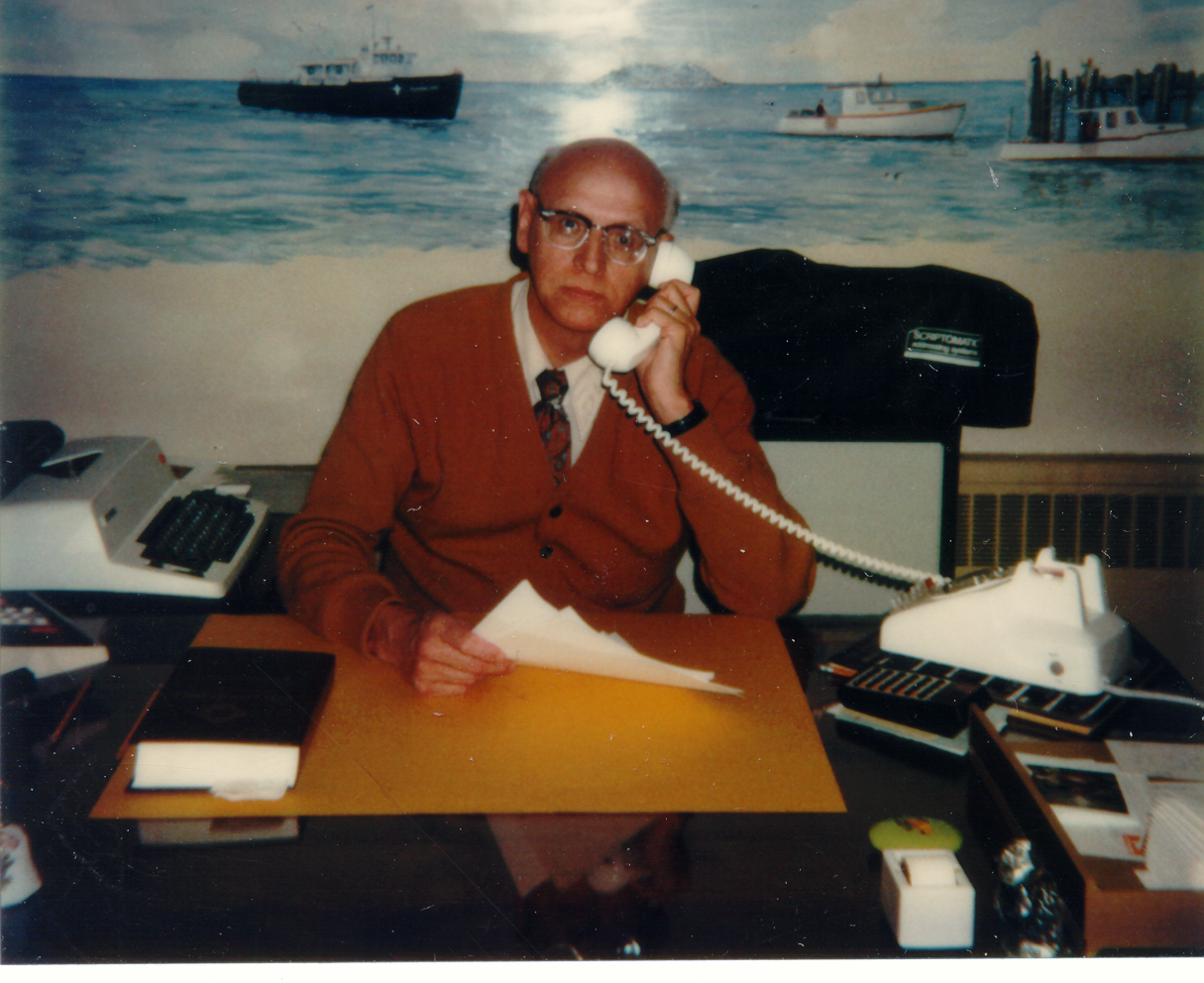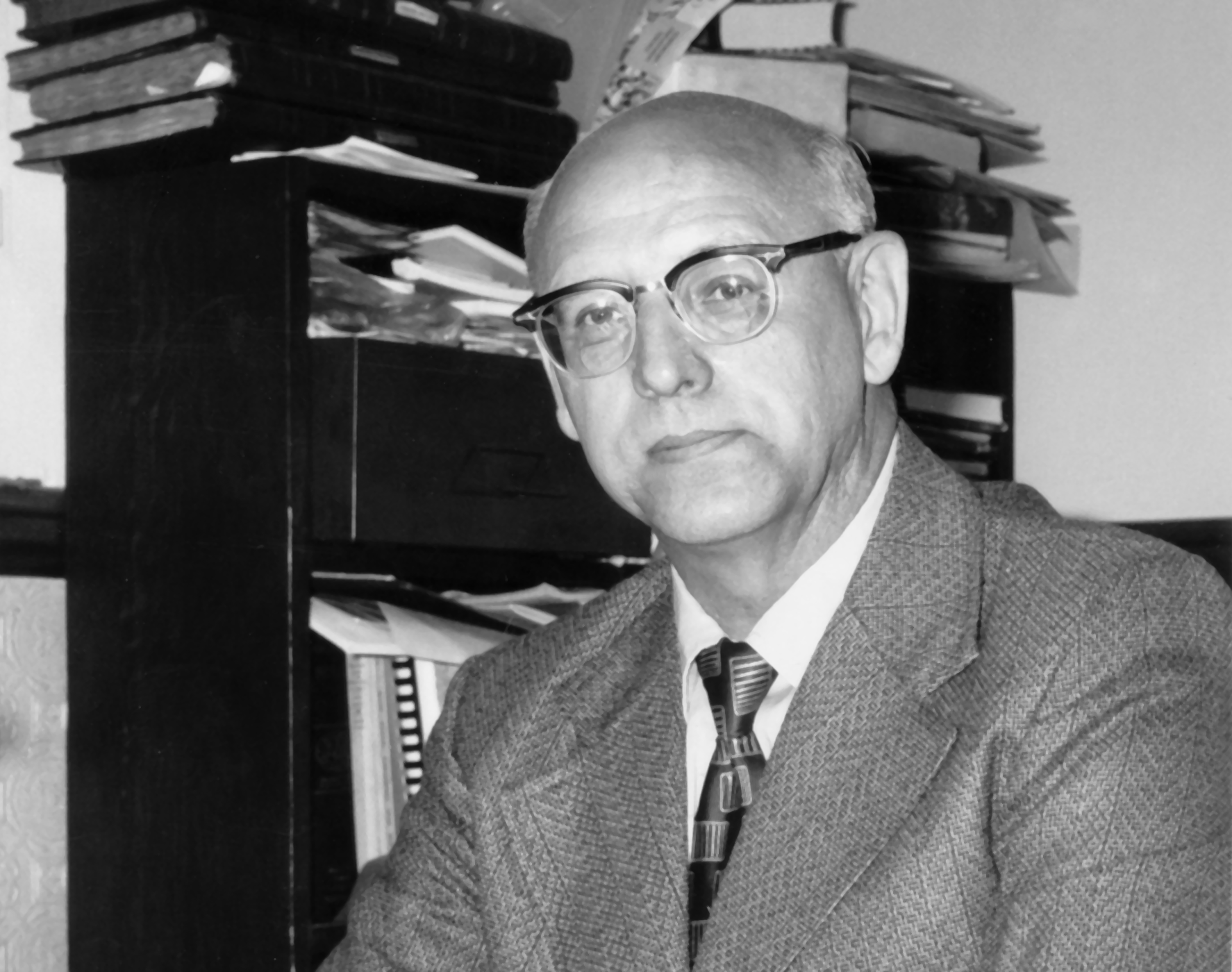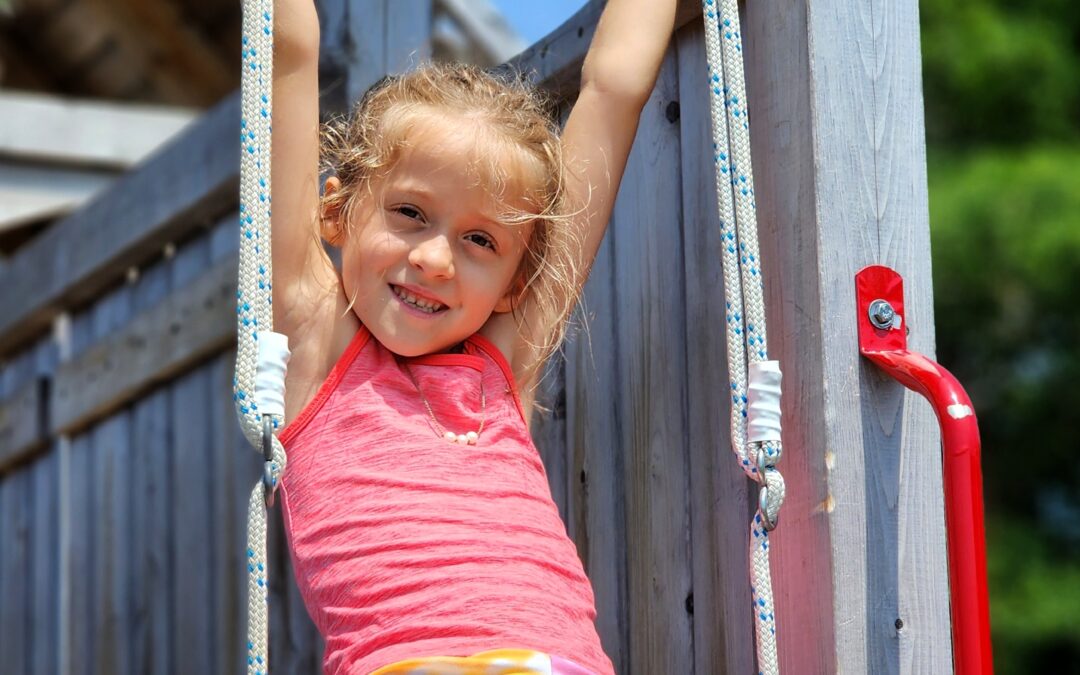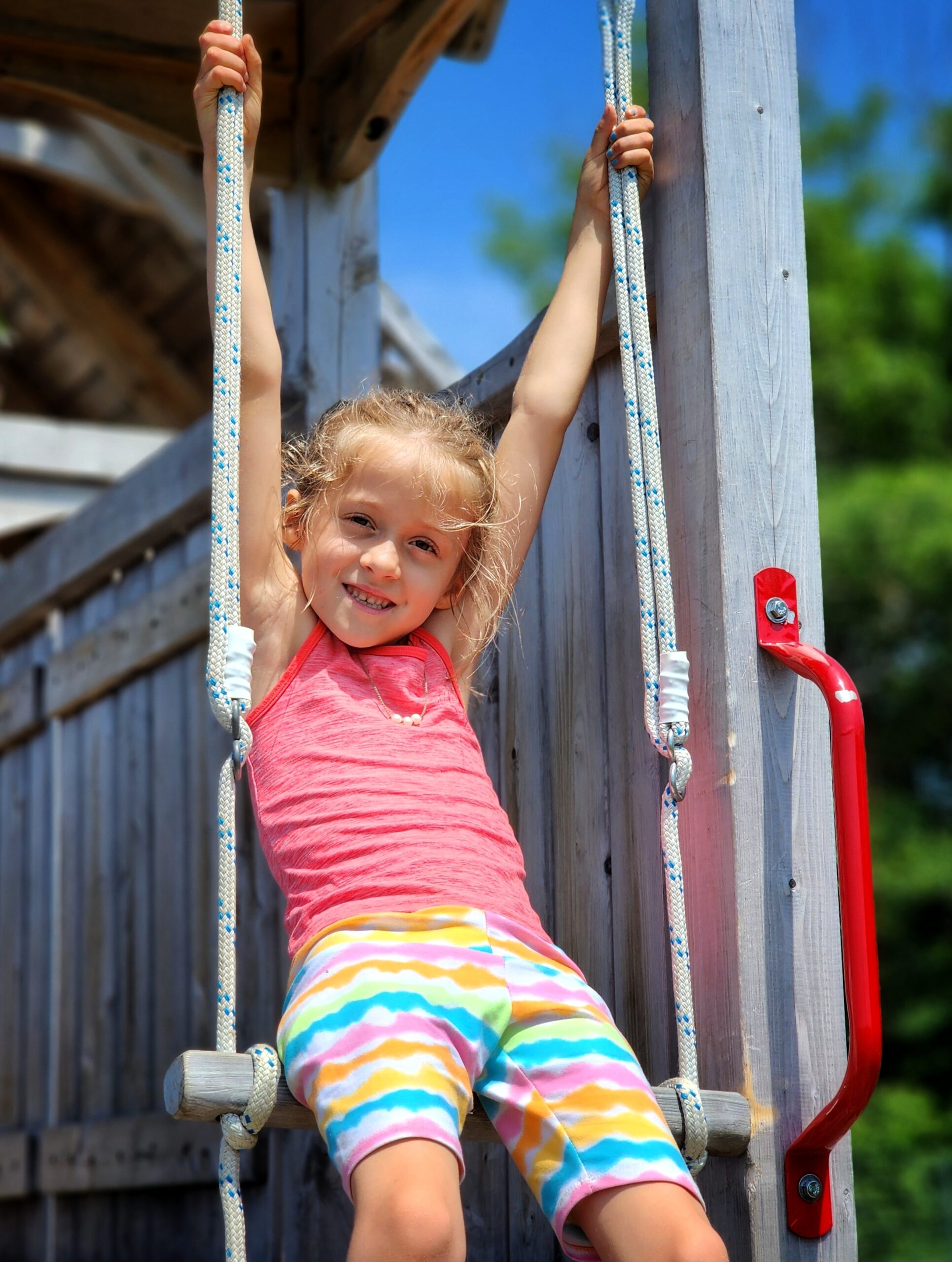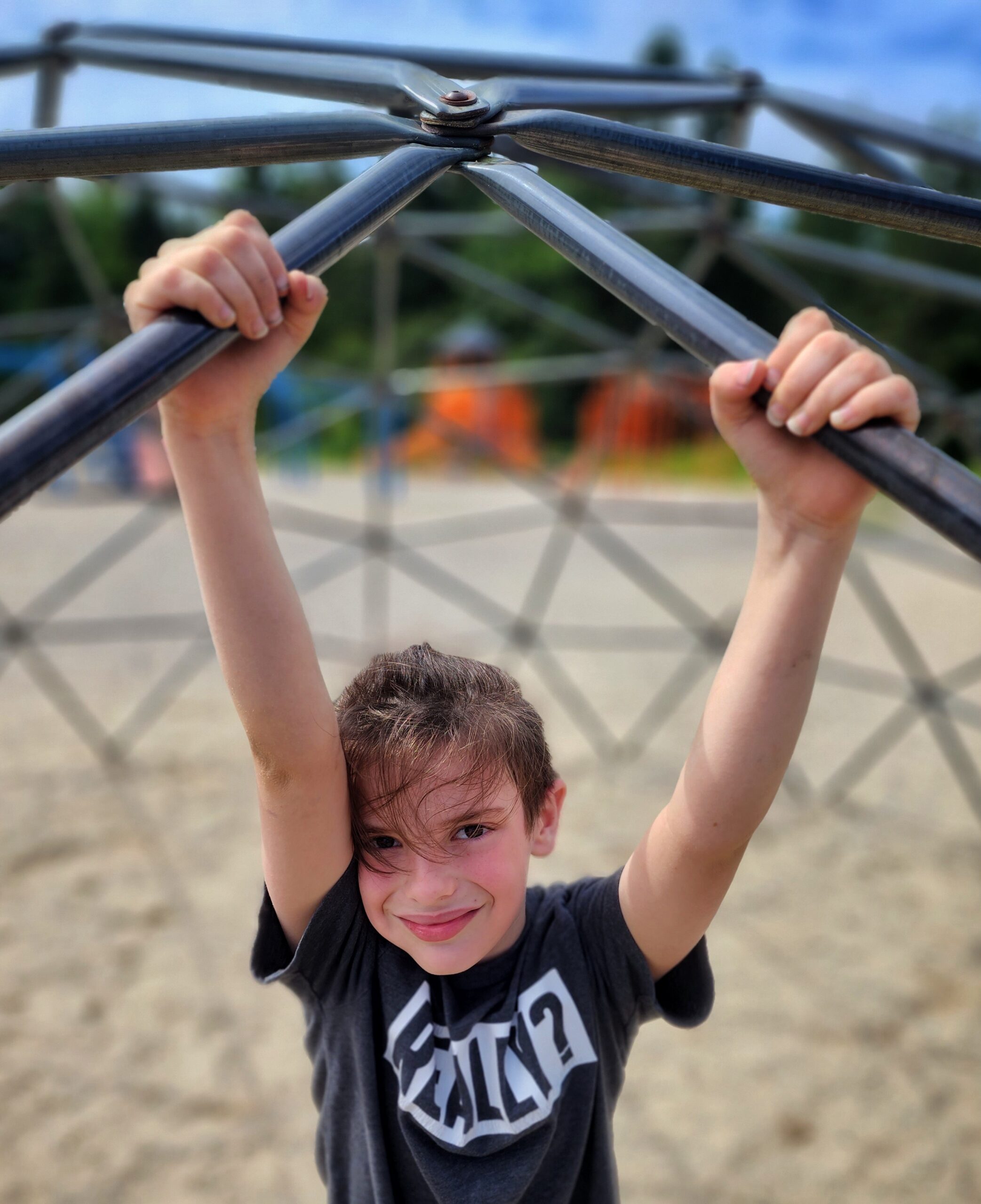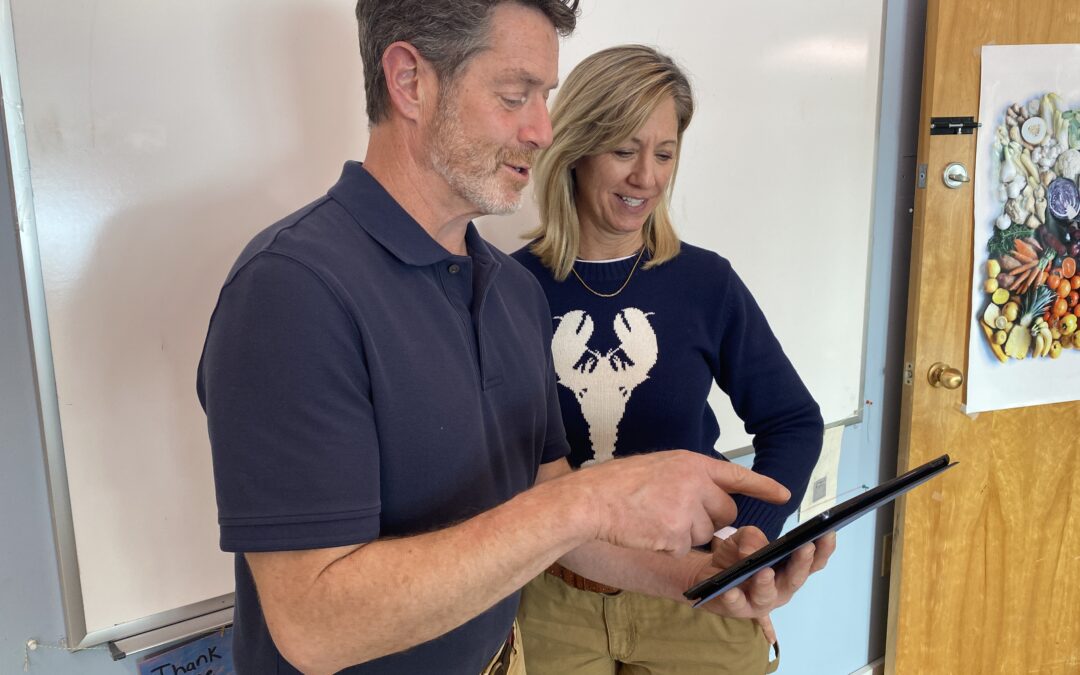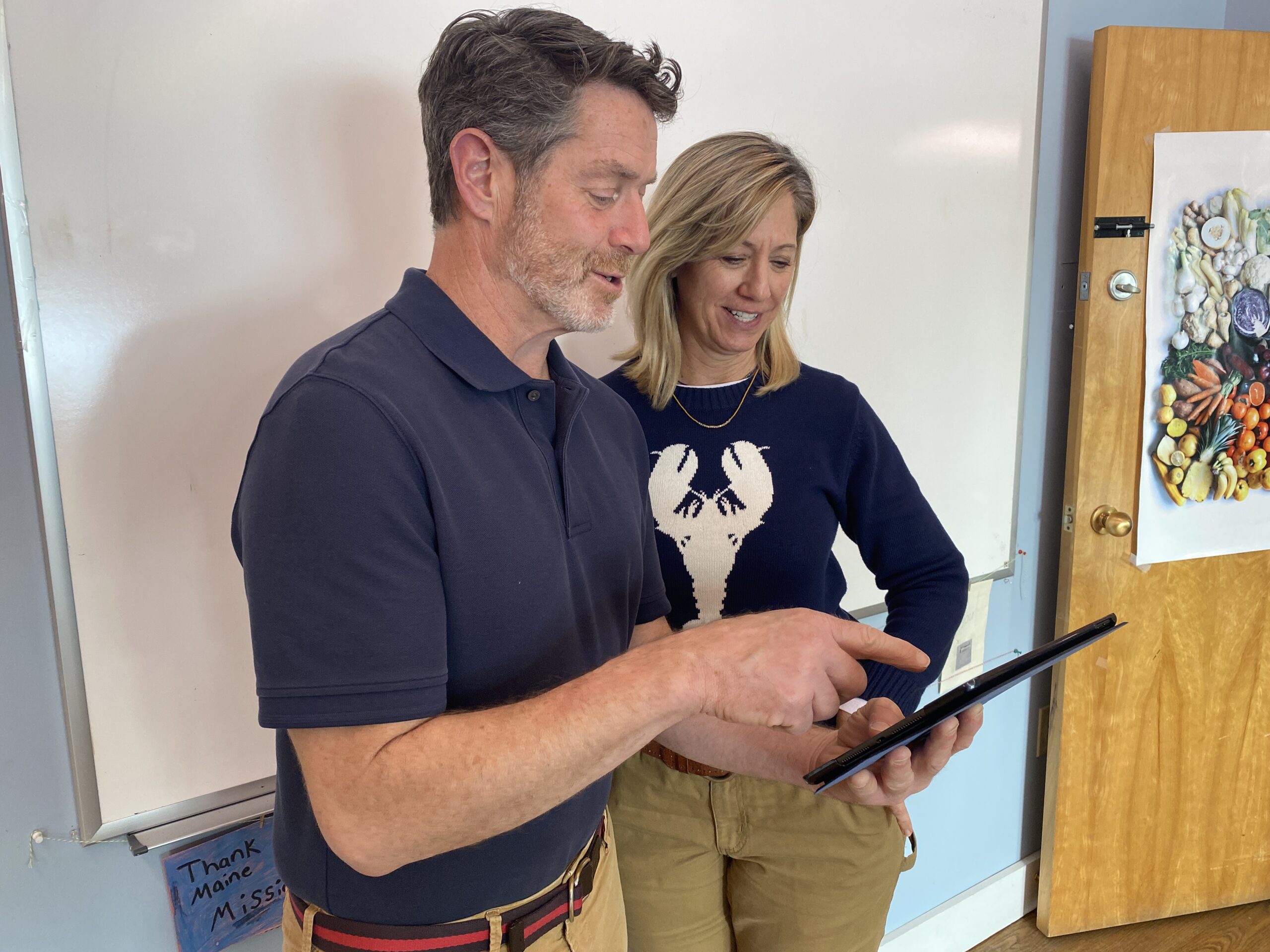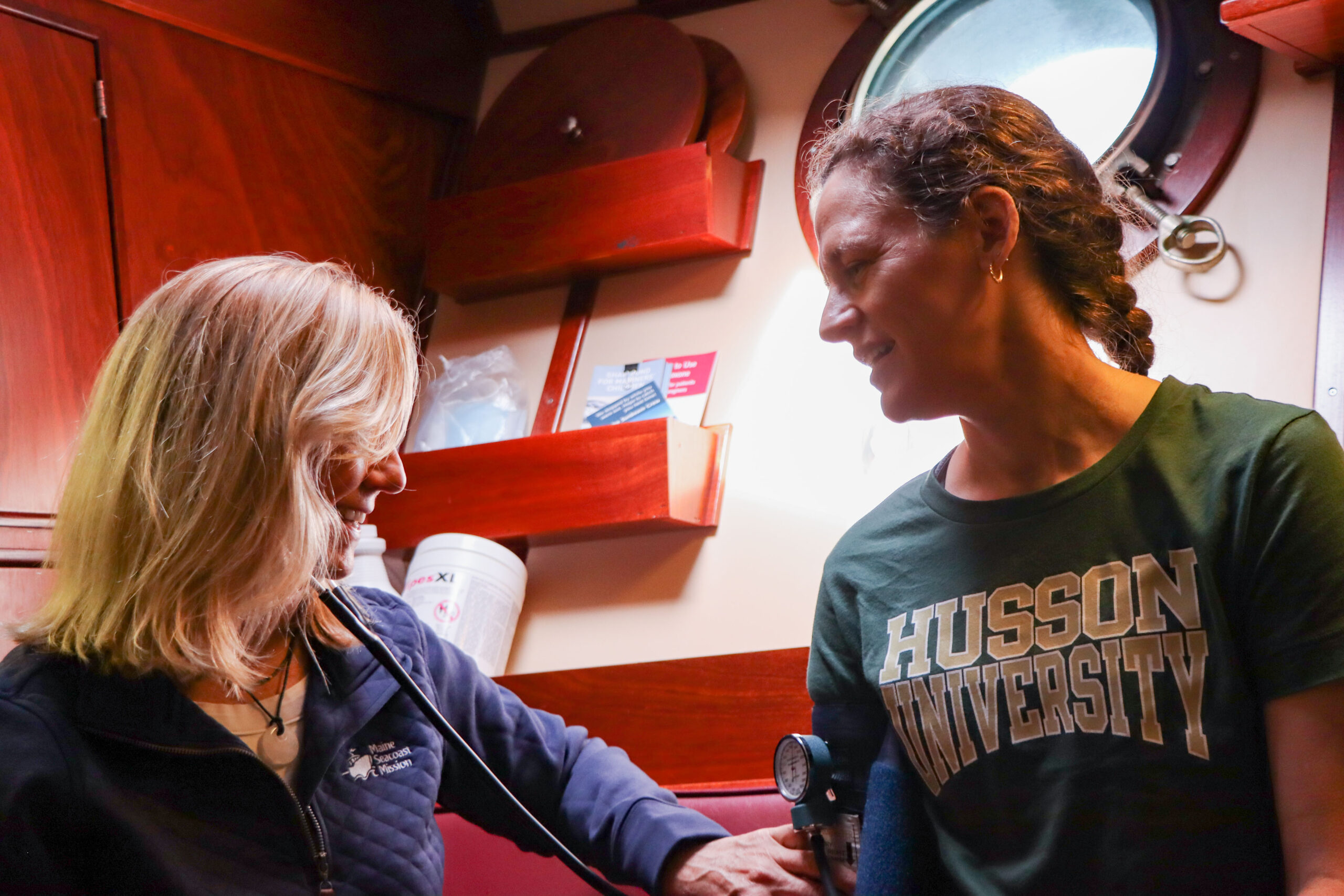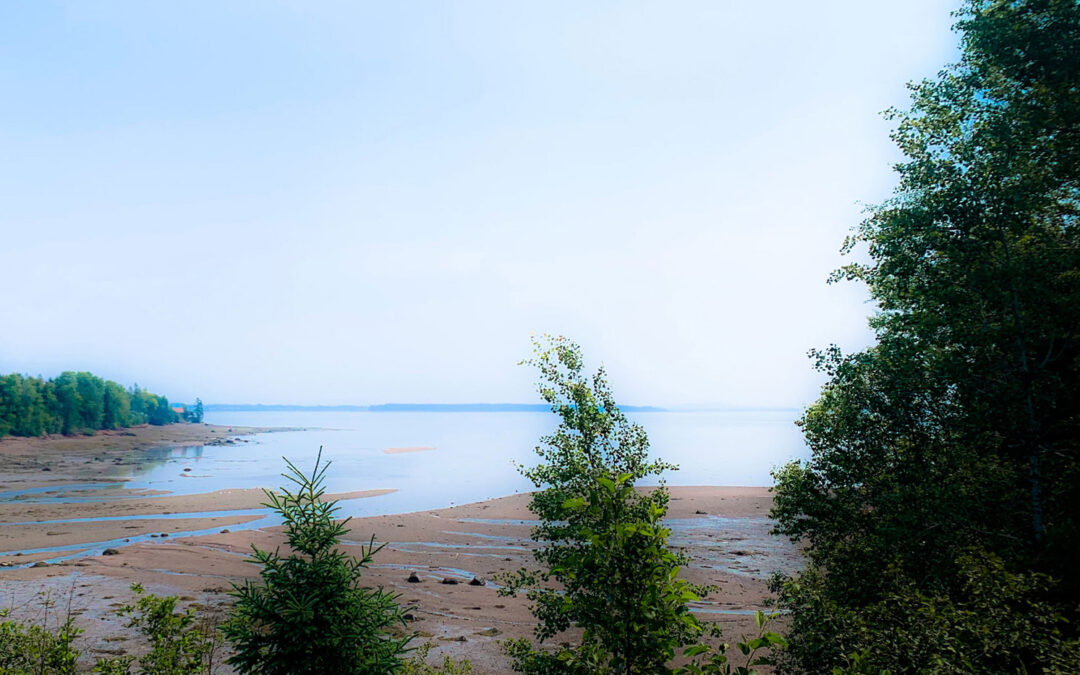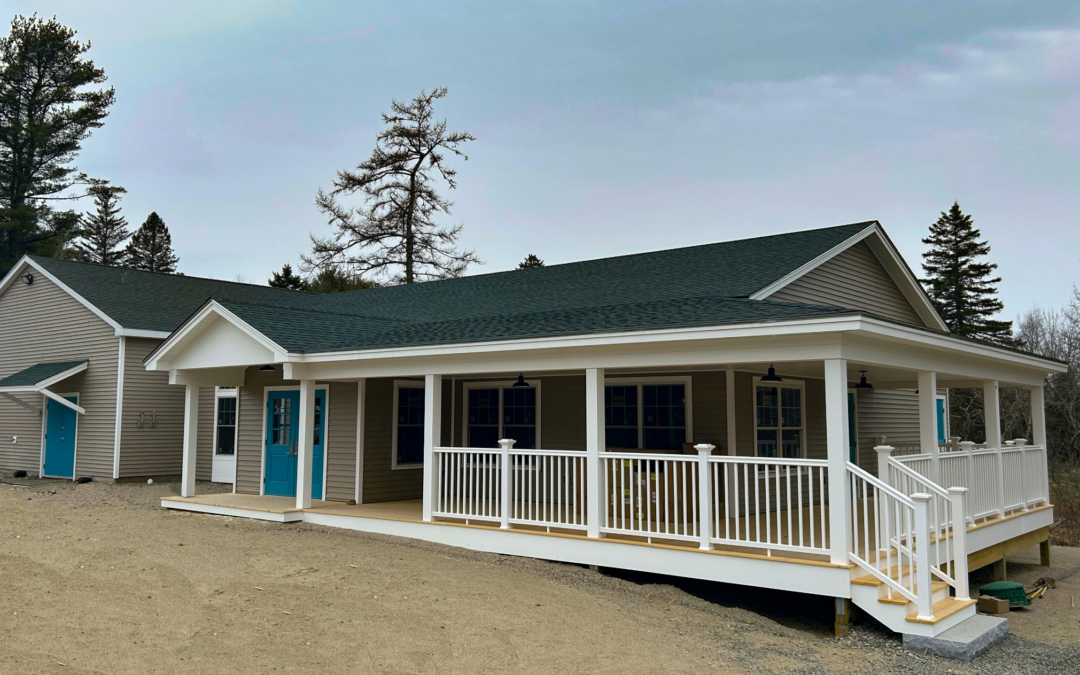
Take a Tour of the Mission’s Downeast Engagement Center
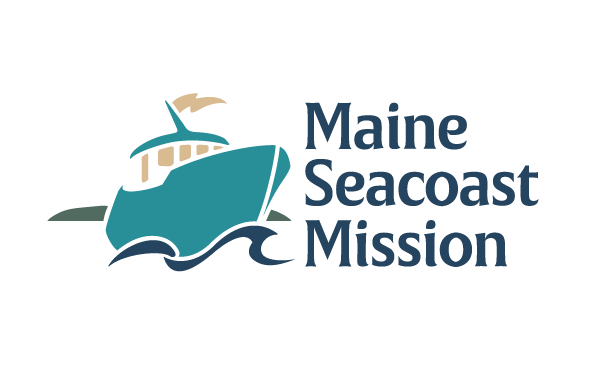

Join Maine Seacoast Mission for an open house of its new building on Wednesday, June 12 from 10:00 a.m. to 11:30 a.m. at the Mission’s Downeast campus. Located at 6 Weald Bethel Lane, community members are invited to tour the newly opened Downeast Engagement Center, see the expanded food pantry, and learn more about the Mission’s work in Washington County.
Work on the Downeast Engagement Center started in the fall of 2023 and included a complete renovation and expansion of the building at the head of campus which now houses an administrative wing, program staging area, and food pantry. The pantry will have increased storage area with a flexible community space for healthy living programs.
“Renovations and additions to the Cherryfield property will better support community,” President John Zavodny says, “Through our programs and people we work with, we create belonging every day. We believe that our Downeast Campus, buildings, and program areas should be just as welcoming, work just as hard, and serve just as thoughtfully.”
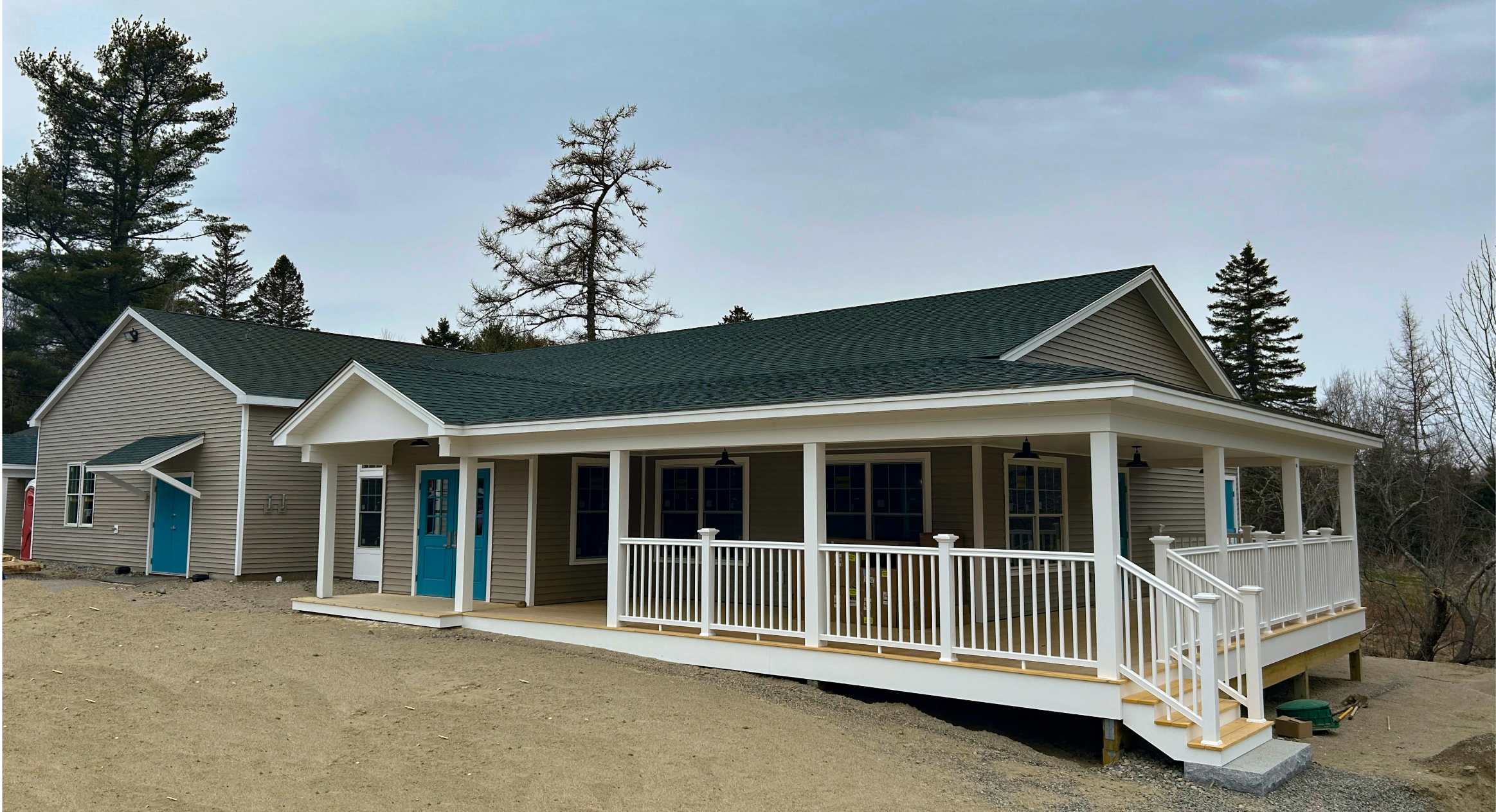
The project includes installation of a new, pole-based challenge course to replace the aging course at the Ed and Connie Greaves Education (EdGE) Center. This new course will be safer, more visible, and easier to maintain. In addition, retreat cabins will be added near the Weald Bethel Community Center. These cabins allow the Mission to serve as a true day-long and overnight retreat hub for partners, housing improvement volunteers, and youth. Additional planned work includes updating the campus trail system, adding a new play area and a covered gathering area, and creating new clearly marked pedestrian paths along Weald Bethel Lane.
The renovations and additions were generously funded through the Mission Downeast Capital Campaign, which was supported by: Connie and Buddy Bates, Roger and Judy Clapp, Joyce and Les Coleman, Diana Davis Spencer Foundation, First National Bank, Good Shepherd Food Bank, Ann and David Ingram, Machias Savings Bank, Red Empress Foundation, Cornelia Cogswell Rossi Foundation, Jasper Wyman and Son, and others.
